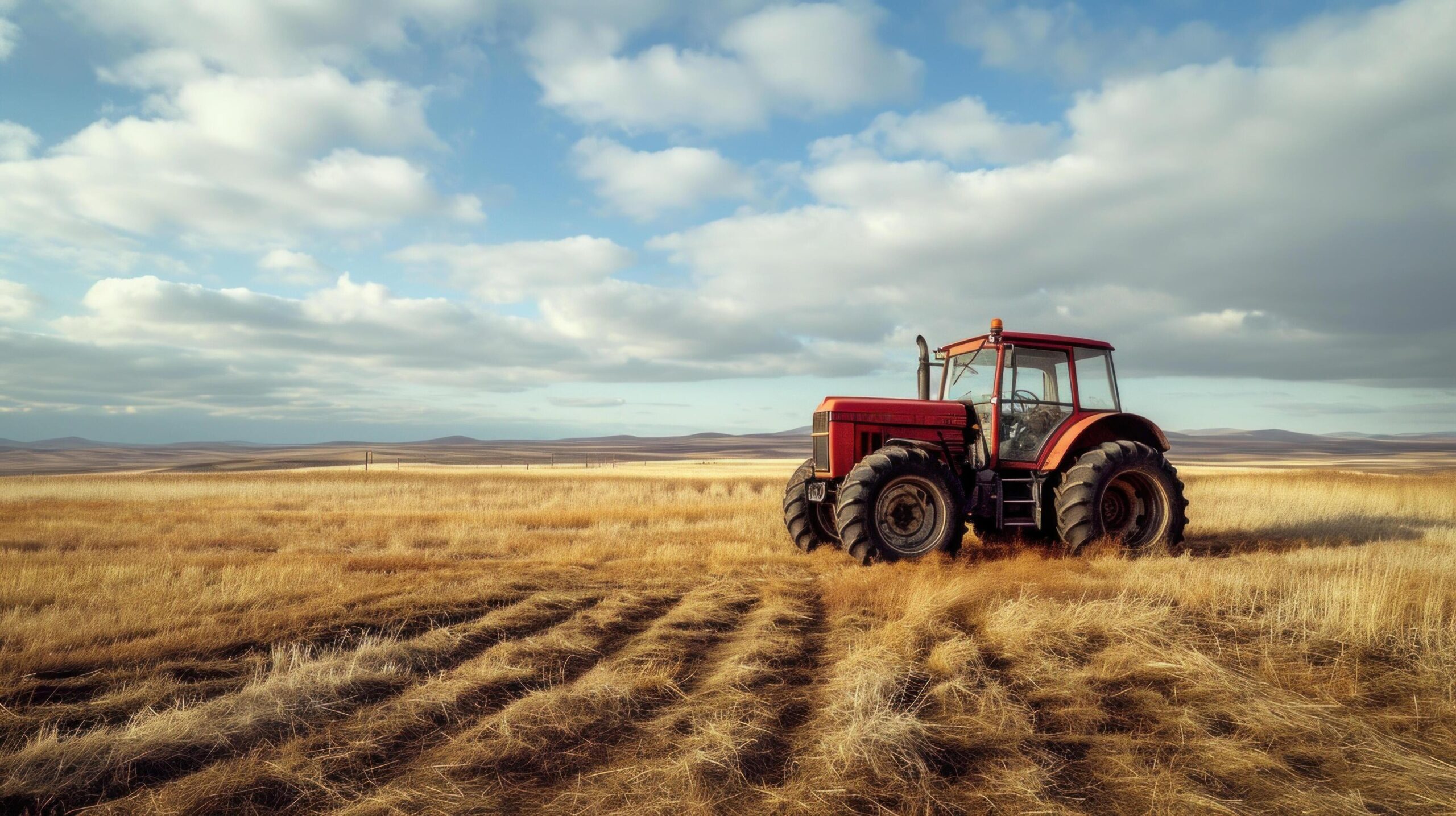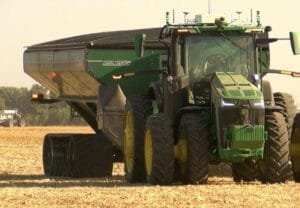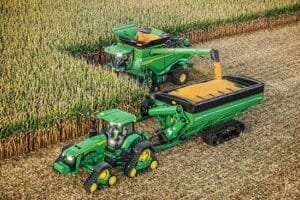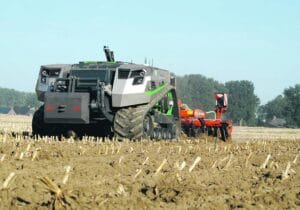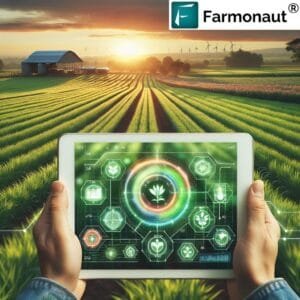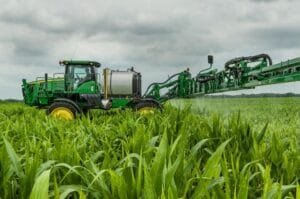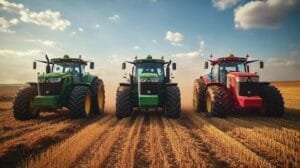Israeli agricultural technology company Blue White Robotics has developed a system that transforms existing tractors into autonomous vehicles, enabling farmers to operate thier machinery remotely. This advancement allows traditional farm equipment to work independently in fields, performing tasks such as spraying, harvesting, and plowing without direct human operation.The technology integrates GPS navigation, sensors, and artificial intelligence to ensure precise movement and safety while operating in agricultural environments. Agricultural automation reaches new heights as an innovative Israeli company transforms conventional tractors into self-driving farming machines. The groundbreaking technology enables existing tractors to operate autonomously, performing various field operations without human intervention.The system employs advanced AI algorithms, computer vision, and GPS technology to navigate through agricultural fields with precision. Farmers can retrofit their current machinery with this solution,eliminating the need to purchase entirely new autonomous vehicles. This cost-effective approach makes automation accessible to a broader range of agricultural operations.
The technology includes a comprehensive sensor suite that monitors the tractor’s surroundings in real-time.Multiple cameras and lidar sensors create a detailed 3D map of the surroundings, allowing the vehicle to detect obstacles, identify field boundaries, and maintain optimal working paths. The system’s sophisticated software processes this data to make instant decisions, ensuring safe and efficient operation.
Safety features are paramount in the design,with multiple redundant systems preventing accidents.The autonomous tractors automatically stop when detecting unexpected obstacles or personnel in their path. Remote monitoring capabilities allow farmers to supervise operations from anywhere using a smartphone or tablet application.
The solution adapts to various agricultural tasks, including plowing, seeding, spraying, and harvesting. It can work around the clock, maximizing productivity during critical farming periods. The AI system learns from each operation, continuously improving its performance and adapting to different field conditions and crop types.Weather resistance is a key feature, with the technology functioning effectively in various conditions, including low light and moderate precipitation. The system’s components are ruggedized to withstand harsh agricultural environments, ensuring reliable operation throughout the growing season.
Field trials have demonstrated notable benefits, including reduced labor costs, improved precision in agricultural operations, and decreased fuel consumption through optimized path planning. The technology maintains consistent working speeds and precise positioning, resulting in more uniform crop treatment and reduced resource waste.
Data collection capabilities provide farmers with valuable insights into their operations.The system records detailed details about field coverage, working hours, and resource usage, enabling better decision-making and resource allocation. This data integration supports precision agriculture practices, allowing for targeted interventions based on specific field conditions.
The company offers comprehensive training and support services, ensuring smooth implementation and operation of the autonomous system. Regular software updates introduce new features and improvements, keeping the technology current with evolving agricultural needs.As labor shortages continue to challenge the agricultural sector, this autonomous solution offers a practical pathway to maintaining and increasing farm productivity.The technology represents a significant step forward in agricultural automation, combining innovation with practicality to address real-world farming challenges.

